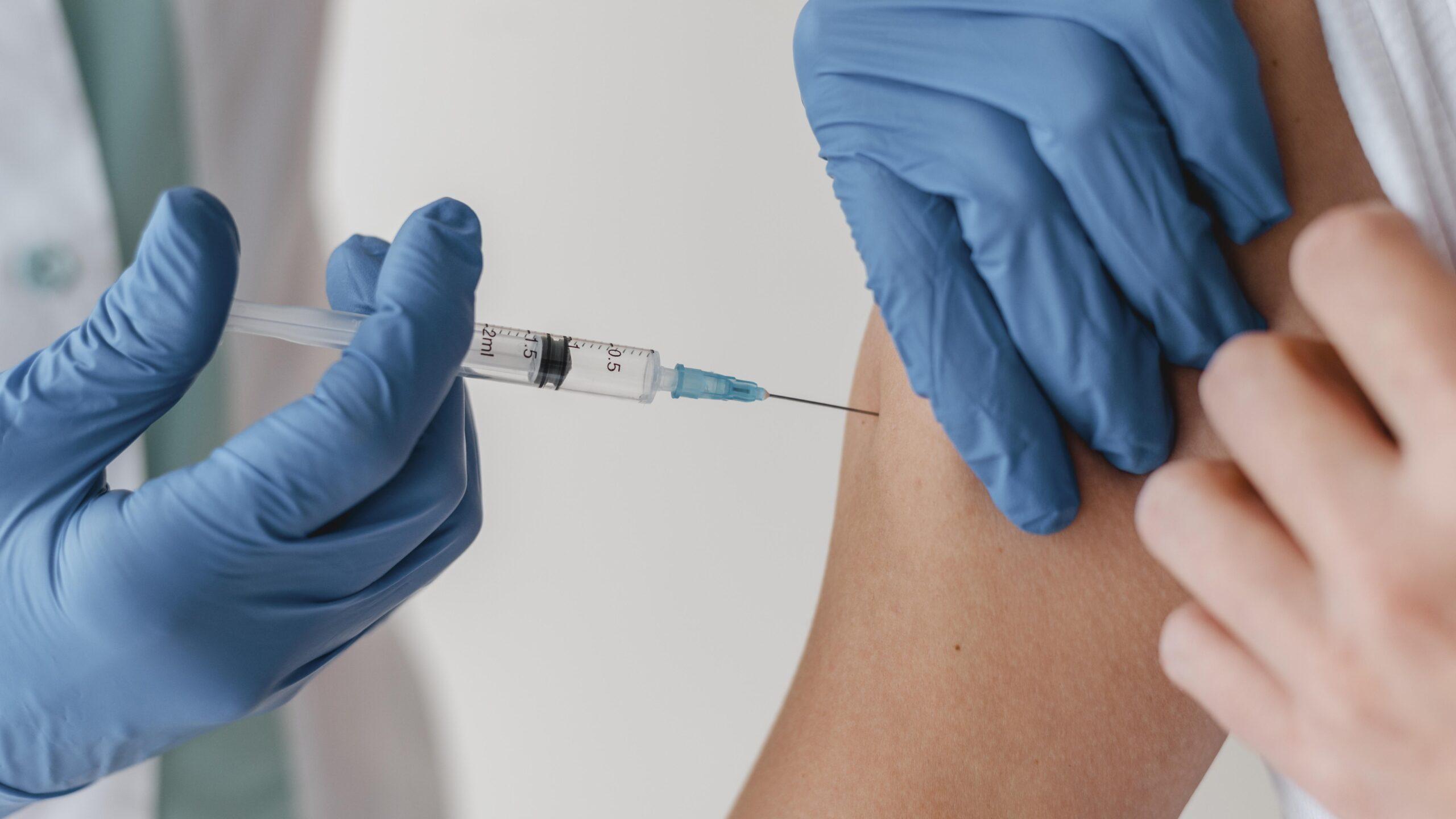A hesitação vacinal refere-se ao atraso na aceitação ou recusa de vacinas, apesar da sua disponibilidade. Não é um problema novo mas é cada vez mais reconhecido a nível global, constituindo uma preocupação. A sua principal implicação traduz-se em níveis de vacinação inferiores ao esperado. Destacam-se duas estratégias principais para reduzir a hesitação vacinal: as dirigidas à população em geral (campanhas de comunicação, verificação de factos, etc.) e aos profissionais de saúde (formação, manuais, etc.). No entanto, ainda não está claro o que funciona melhor, para quem, quando e em que circunstâncias.
O projeto VAX-ACTION tem como objetivo apoiar os Estados-Membros da UE, e outros parceiros relevantes, na implementação de um conjunto de intervenções adaptadas e baseadas em evidência destinadas a reduzir a hesitação vacinal. O projeto irá responder à necessidade de conhecer que tipos de intervenções estão atualmente disponíveis, quais são efetivas, como adaptar as intervenções efetivas a novos contextos e como explicar as que não tiveram sucesso, criando oportunidades de aprendizagem e de reformulação.
A relevância do VAX-ACTION reside em conceber e implementar intervenções e recomendações assentes em bases teóricas sólidas, na evidência existente e em princípios de boas práticas em avaliação em saúde. Utilizamos um modelo de cocriação para envolver os profissionais de saúde e populações-alvo (por exemplo, migrantes recém-chegados, pais hesitantes, pessoas de baixo estatuto socioeconómico) na adaptação das intervenções relativas a vacinas recentemente aprovadas, como a da COVID-19 ou a da mpox, bem como a vacinas de há muito utilizadas nos programas nacionais de vacinação. As intervenções, concebidas para dois grupos populacionais, serão realizadas em cada uma das regiões-alvo de Portugal, Itália, França, Roménia e Chéquia e avaliadas usando um desenho de estudo experimental randomizado (grupo de intervenção e grupo de controlo, numa proporção de 1:1). Serão priorizadas as recomendações para integrar melhorias e mudanças, juntamente com estratégias adaptadas de disseminação e avaliação . Isto permitirá apoiar a expansão e a adaptação das intervenções que se mostrarem eficazes a outros Estados-Membros, a países da Região Europeia da OMS e a outros países.





